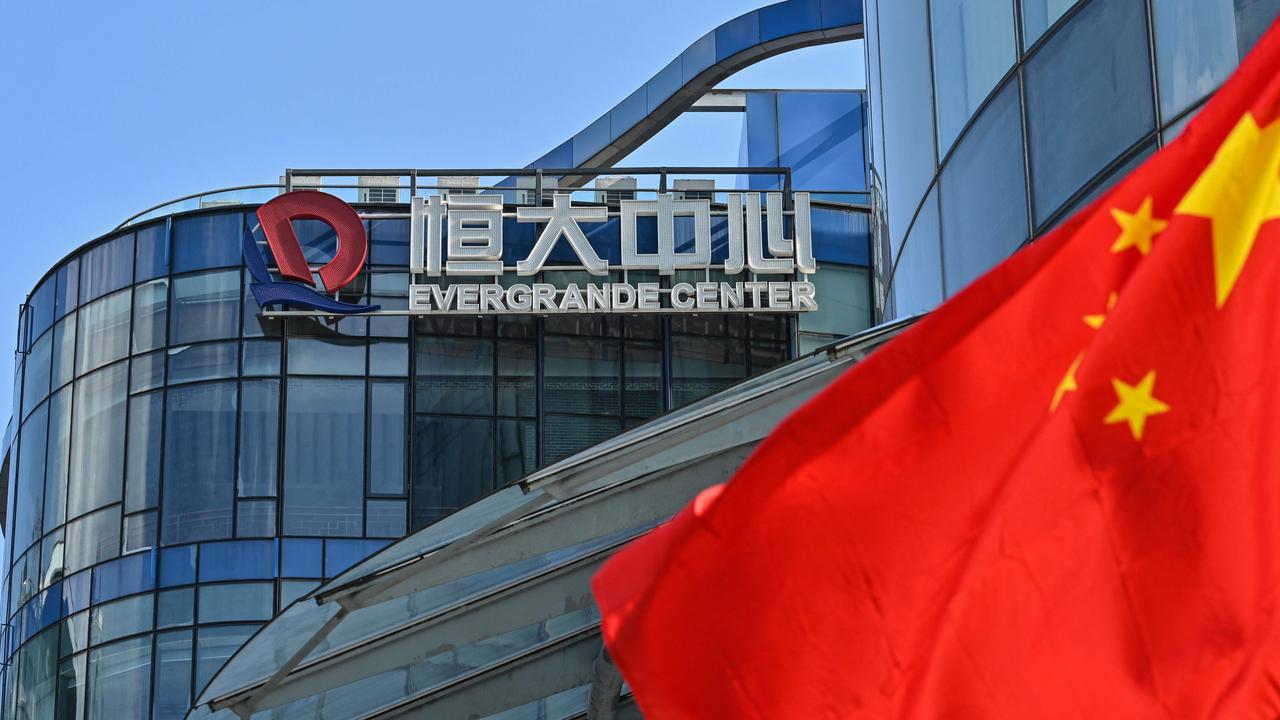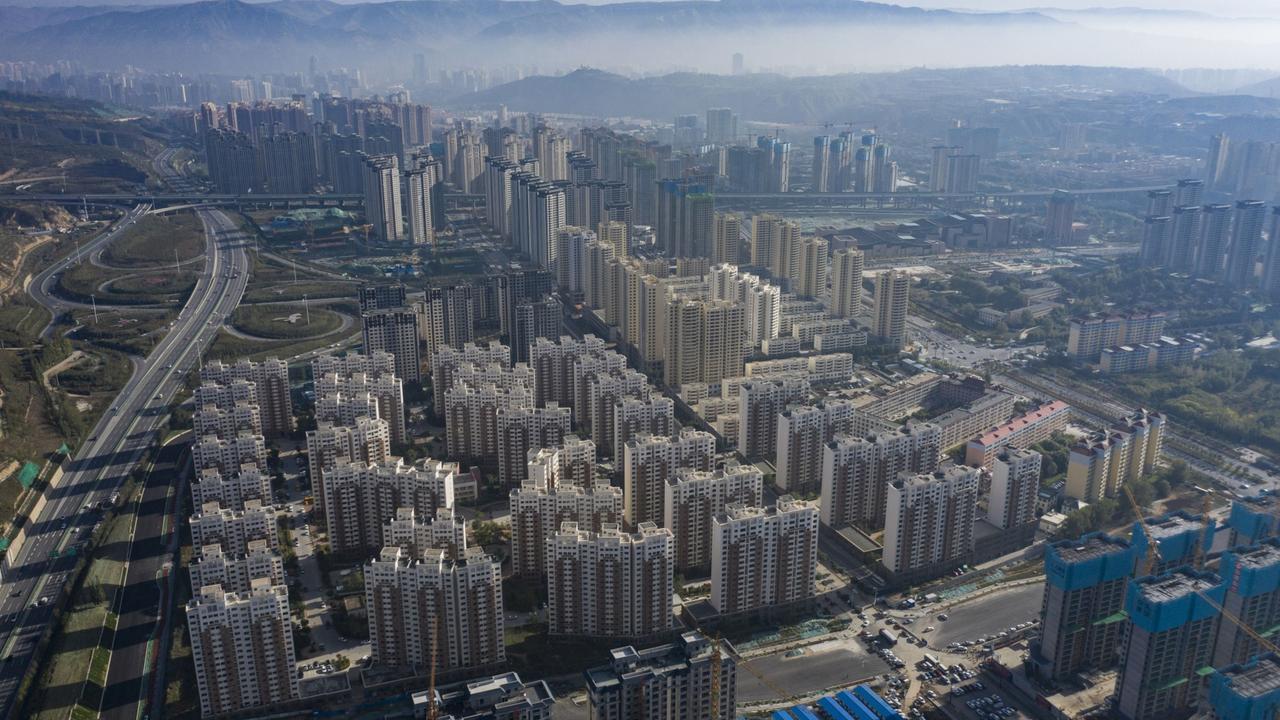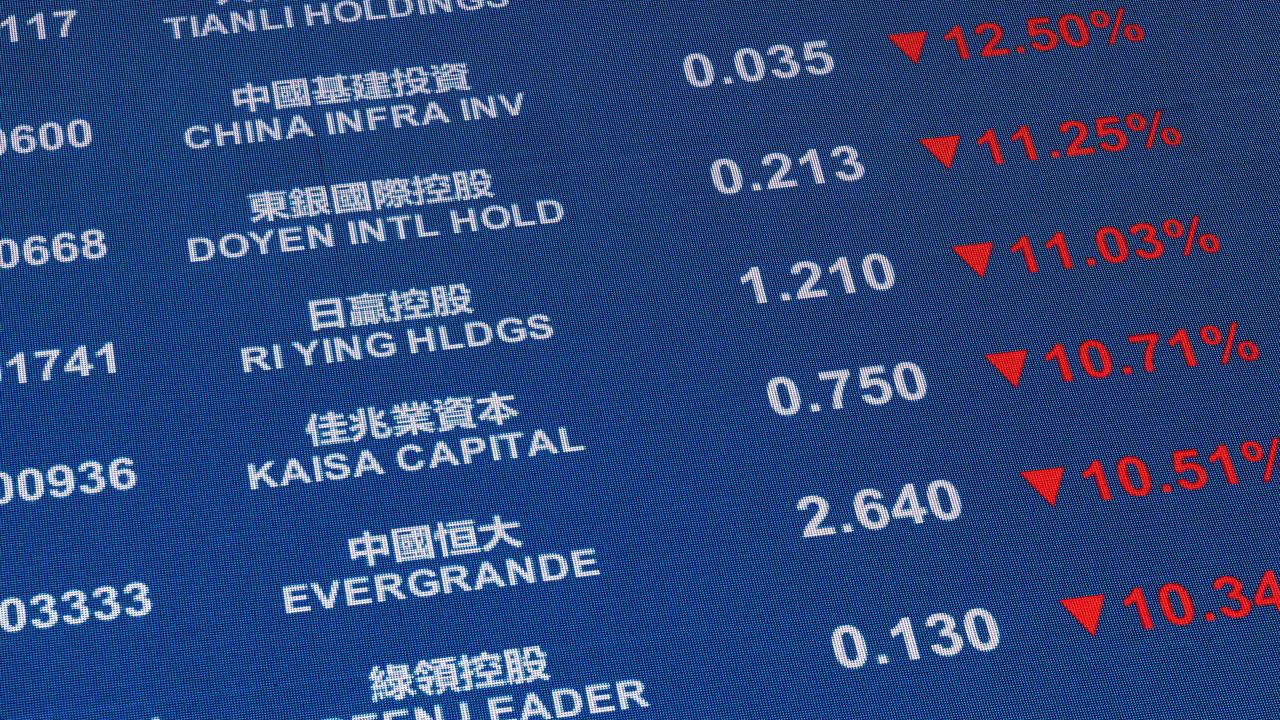Inside the Evergrande collapse and its major impacts on Australia
The Chinese government was just trying to avoid economic pain. It worked in the short term. Now the consequences have arrived.
In recent months the Chinese property development sector has been making headlines for all the wrong reasons, with mega developer Evergrande in particular under the media and finance analyst’s microscope.
Yet despite some commentary that suggested that Evergrande would imminently implode and create a global financial crisis type event, in the same way that the collapse of US investment bank Lehman Brothers did in 2008, it has yet to occur.
Instead the company and much of the Chinese property sector remain in this strange type of limbo.
The company remains on life support with its domestic and some offshore obligations being paid, in order to avoid outright default, in some cases with just minutes to spare.
Why haven’t the issues with Evergrande been resolved?
Simply put, because the Chinese government doesn’t want them to be yet.
After years of bailing out property developers and poorly run state owned enterprises, Beijing wants to send a message that the days of easy bailouts and freely flowing government cash injections are over.

By continuing to attempt to avoid any real economic pain from the excesses of the property sector, Beijing instead created a monster defined by moral hazard and the idea that the Chinese government would never allow widespread losses.
Then there is Evergrande’s immense size and the complex web of debts and hidden liabilities. According to a recent calculation performed by US investment bank Goldman Sachs, Evergrande’s potential off-balance sheet liabilities amount to US$155 billion in “shadow banking” and other exposure.
As you might imagine it’s going to take quite some time to sort out who Evergrande owes what to, and to determine what the potential knock on effects could be if Evergrande doesn’t make good on its obligations.
In the coming weeks and months, Beijing will likely continue to keep Evergrande on life support until a debt restructuring that meets the Chinese government’s requirements can finally be hammered out.
Why is the property sector so important to the Chinese economy?
In a 2020 study authored by Harvard economist Kenneth Rogoff and Beijing Tsinghua University economist Yuanchen Yang, it was found that real estate related activities accounted for 28.7 per cent of Chinese GDP in 2016.
With impact of real estate production and property services on GDP of 29% – rivalling Ireland and Spain at their pre-financial crisis peaks – it is hard to see how a significant slowdown in the Chinese economy can be avoided even if banking problems were contained.#ChinaBubblepic.twitter.com/f53NXP1Pou
— Lakshmisha K S (@lakshmishaks) October 21, 2021
By contrast, even at the height of the US housing boom in 2005 prior to the global financial crisis, real estate related activity peaked at 18.9 per cent.
In 2017, almost 18 per cent of the urban Chinese labour force was employed in property construction or other real estate related industries.
In their study, Yang and Rogoff went on to share their concerns about the impact of a property sector slowdown on the Chinese economy: A “20 per cent fall in real estate activity could lead to a 5-10 per cent fall in GDP, even without amplification from a banking crisis, or accounting for the importance of real estate as collateral.”
Why is the CCP doing a controlled demolition of elements of its own property sector?
Knowing exactly why the Chinese government does anything remains something of a mystery for those outside the halls of power, but we can do some educated speculation based on what we do know.

After years of allowing moral hazard within the Chinese bond market and property sector to run relatively unchecked, there are growing risks that rising levels of bad debts could one day cause a financial crisis that may even threaten the Chinese Communist Party’s grip on power.
Where once the Chinese government could kick the can down the road and commit to contending with the problem another day, we have arrived at a fork in the road where every action, including inaction, may now have serious long term consequences.
As it stands today, it appears that the Chinese government will continue to press on with this controlled demolition, but there are signs they are growing increasingly spooked by the plummeting sales of new homes and more recently falling property prices.
Second-hand #home transactions in China's financial hub of #Shanghai slumped 53% y/y in Oct to about 13,000 units, but up 8% from previous month, according to real estate platform Lianjia.
— YUAN TALKS (@YuanTalks) November 9, 2021
Value of 2nd-hand home sales fell 57% y/y to 42.2 bn yuan, but up 10% from previous month.
What are the risks for the global economy?
With more than a quarter of Chinese GDP being driven by residential construction and real estate related activities, any major downturn in the property sector would have major implications for the Chinese economy and the effect would be felt around the world.
But perhaps the most immediate impact of an escalating crisis in the Chinese property sector would occur in the world of financial markets.

In the US Federal Reserve’s Financial Stability report released earlier this week, the Fed warned that the issues stemming from the ongoing crisis within the Chinese property sector may not be contained within China.
“Stresses in China’s real estate sector could strain the Chinese financial system, with possible spillovers to the United States,” The Fed wrote.
As the crisis continues to escalate and the cost of rolling over debts explodes to up to 24 per cent per annum, there are growing concerns that it could be the catalyst for a wider global crisis.
China seems to be stress-testing its entire financial system as concerns around property debt spread Yields on China's junk-rated dollar debt are now at a whopping 24%!https://t.co/zOjpat9r5m by @SofiaHCBBGpic.twitter.com/jSzj44Z8Co
— Tracy Alloway (@tracyalloway) November 9, 2021
What are the risks for Australia and the broader outlook?
For Australia, a systemic crisis within the Chinese property sector would be challenging to say the least.
With up to 50 per cent of Australian exports flowing to China generally in the form of mineral exports such as iron ore and coking coal, lower commodity prices and export volumes would be a significant blow to the economy and the federal budget.
The second order affects such as a reduction in Chinese tourists and international student numbers would also have a substantial impact on the economy, particularly at a time when there will be a strong flow of Aussies heading overseas on holiday and spending less on domestic tourism.
But ultimately, there is a lot about the situation that we don’t know.
Beijing could step in and once again throw billions at the system, kicking the can down the road, but that also has consequences and inflation risks.
At the same time, we have no idea how deep the rabbit hole of Chinese property developer off balance sheet liabilities truly goes, Evergrande alone has an estimated US$155 billion, more than most countries.
Where things go from here, we can only guess, but one thing is certain regardless of what Beijing chooses, there will be costs one way or another.
Tarric Brooker is a freelance journalist and social commentator | @AvidCommentator






